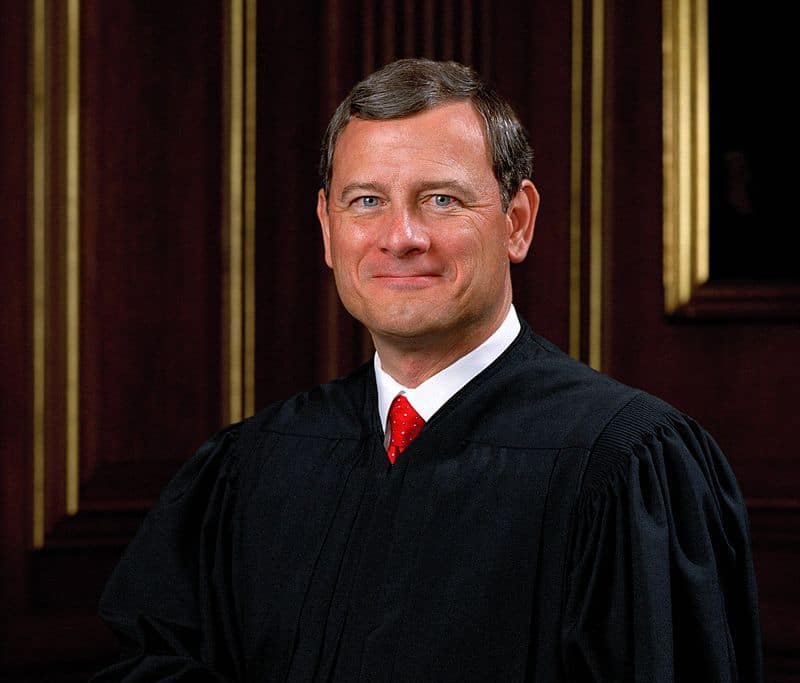Chief Justice John Roberts told Senate leaders on Tuesday that he would “respectfully decline” an offer to testify before the Judiciary Committee.
In a letter, Judiciary Chair Sen. Dick Durbin (D-IL) had invited the Chief Justice, or “another justice whom you designate,” to appear before the committee and answer its questions about the Supreme Court’s ethics rules on May 2.
“The time has come for a new public conversation on ways to restore confidence in the court’s ethical standards,” Durbin wrote. “I invite you to join it, and I look forward to your response.”
That request came after reports that Justice Clarence Thomas had failed to disclose real estate dealings and luxury vacations provided to him by conservative political donor Harlan Crow.
On the same day that Roberts declined the Senate’s request, reports revealed that another Supreme Court Justice—Neil Gorsuch—had also failed to disclose the identity of a CEO with business before the Supreme Court with whom Gorsuch had done a real estate deal. That business transaction had netted Gorsuch between a quarter and a half million dollars.
Roberts’ response to Durbin instead offered a statement signed by all the Justices in which they “reaffirm and restate foundational ethics principles and practices” to which they abide.
There did not appear to be any new proposals or guidelines in the statement. Meanwhile, the Supreme Court is virtually the only court in the U.S. that does not adhere to a formal code of ethics.
Court ethics is an issue that’s come up before in recent months—most notably after someone in early May leaked a draft of the Supreme Court’s ultimate decision to overturn Roe v Wade in late June. The Court’s own internal investigation of the leak failed to finger the leaker.
In a statement replying to Roberts’ rejection, Durbin said, “I am surprised that the Chief Justice’s recounting of existing legal standards of ethics suggests current law is adequate and ignores the obvious.”
He goes on to repeat an assertion he’s made before—if the Supreme Court won’t clean its own house, Congress will be forced to do it.
“It is time for Congress to accept its responsibility to establish an enforceable code of ethics for the Supreme Court, the only agency of our government without it,” the Senate Chair’s statement said.
Durbin has previously called bolstering Supreme Court disclosure requirements a “modest step in the right direction.”
Roberts notes precedent in his rejection letter, stating that instances of Justices testifying before Congress are exceedingly rare and are usually on “mundane” topics. He further notes that no U.S. President has ever testified before the Senate Judiciary Committee either, and only three have ever appeared before congressional committees.
In response, another member of the committee, Sen. Sheldon Whitehouse (D-RI), tweeted, “The gaping hole in today’s response from Roberts to the Senate Judiciary Committee is that it overlooks the complete failure of process regarding ethics questions involving the justices. When there’s no ref, there’s no rule, as a practical matter.”


